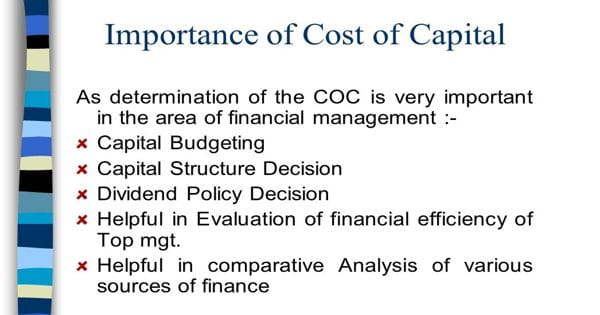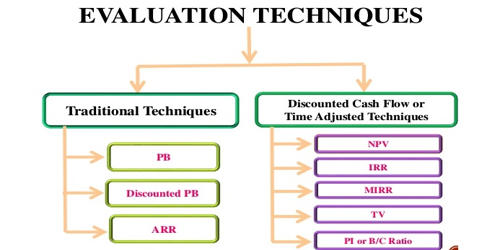A redeemable debenture is a written agreement about a loan that must be repaid by a set time. They are issued on the terms that a company is bound to repay the number of Debentures, either at a fixed date, or upon demand, or after notice, or under a system of periodical drawings. These written agreements cover how and exactly when companies must repay a loan to the original lender or debenture holder. One of the most vital features of a debenture is that it has to be repaid. However, not all debentures come with a specific repayment date. Issuers of debentures, in general, can repay such debts any time before winding up entirely.
Redeemable debenture documents generally include lower rates of interest and lengthier time frames for repayment. Redeemable debentures carry a specific repayment date. The issuer is bound to repay such a loan by a predetermined date to the original lender or debenture holder. These debentures are issued for a specified period of time. Due to this clause, companies can attract more investors with a redeemable debenture. On the expiry of that specified time, the company has the right to pay back the debenture holders and have its properties released from the mortgage or charge. That’s because investors are more assured of getting repaid.
Redemption of debentures refers to the repayment of these debentures by the company to the debenture holders. Example: A business owner takes out a loan in order to solve a cash flow issue with their business. In this situation, the lender and the borrower could create a debenture that outlines exactly how and when that sum of money would need to be repaid. This would then be filed with Companies House within 21 days.
Advantages –
- Fixed income – By investing in redeemable debentures, entities can secure a fixed stream of income.
- Secure – It comes with a promise of repayment by a predetermined date. Hence, it dilutes the overall risk of an aggressive portfolio.
- Easy financing option – Redeemable debentures are a convenient source of finance for companies and the Government. In fact, most government securities come with a fixed tenure, like 5 years or 10 years.
Disadvantages –
- Low income – Typically, redeemable debentures offer a lower coupon rate compared to other fixed-income instruments.
- Creditworthiness – Despite repayment promise, in the end, it boils down to the issuer’s creditworthiness.
Information Source:
















